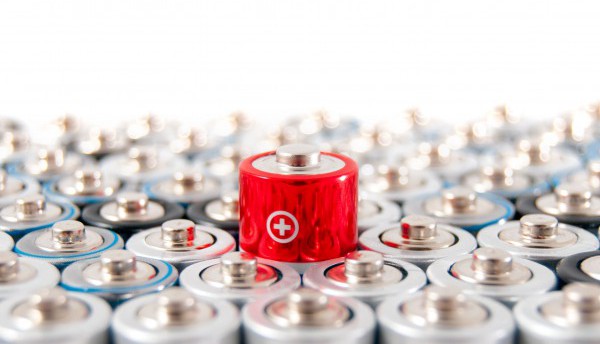
Japanese automaker Honda Motor Co. has unveiled the pilot production line for its in-house developed all-solid-state batteries at its research and development facility in Sakura City, Tochigi Prefecture, Japan, Honda announced Nov. 21.
Honda said that the company is planning to commence battery production on this demonstration line in January 2025 and will conduct verification of mass production technologies and costs for each process, while also developing battery cell specifications. Honda said that its demonstration line will replicate processes required for mass production.
According to Honda, the pilot production of all-solid-state batteries will help it in terms of conducting technical verification to establish a mass production process on the newly established pilot assembly line. In parallel, the carmaker will determine the basic specifications of the battery cells with an aim to begin applying its all-solid-state batteries to electrified models that are scheduled for market introduction between 2025 and 2030.
The news comes as several global carmakers such as Toyota, Volkswagen, Hyundai, Stellantis and Nissan, among others, are pouring millions of dollars into the R&D of all-solid-state batteries, which are being looked upon as the next-generation battery technology that could not only provide a long driving range but also offer fast-charging capabilities, along with desired safety against thermal runaways. While some carmakers are focusing on in-house development of solid-state batteries, others have invested in upcoming battery technology startups to jointly develop a suitable solution and vertically integrate the process in their operations.
In April, Nissan unveiled the prototype production facility for its laminated all-solid-state battery cells at its research center in Kanagawa Prefecture in Japan. In October, Stellantis disclosed its plan to launch a demonstration fleet of Dodge electric vehicles powered by solid-state batteries supplied by Factorial. Hyundai is understood to be advancing its R&D in solid-state batteries to begin mass production by 2027 and Toyota is looking to introduce EVs equipped with these batteries around 2027–2028.
According to Honda, its pilot production line for all-solid-state battery cells is equipped with facilities and equipment that can enable verification of each production process, including weighing and mixing of electrode materials, coating and roll pressing of electrode assembly and the formation of cells, and assembly of the module. The company further updated that while the construction of the facility was completed in spring, the pilot assembly line is now installed with almost all the key equipment necessary for the verification process.
Honda said that its all-solid-state battery production process adopts a roll-pressing technique, based on the conventional production process for liquid lithium-ion batteries. Notably, the roll-pressing technique contributes to an increase in the density of the solid electrolyte layers, a process unique only to the production of all-solid-state batteries and makes continuous pressing possible.
Moreover, with the adoption of the roll-pressing technique, Honda aims to increase the degree of interfacial contact between the electrolyte and the electrodes and also increase overall productivity.
“By consolidating and speeding up a series of assembly processes, including the bonding of positive and negative electrodes, Honda will strive to significantly reduce the production time per cell,” the company said, adding that it is also working to reduce indirect costs of battery production, including power consumption, by implementing various measures, including the establishment of production control technology.
Honda plans to reduce the costs involved in the production of solid-state battery cells by not only adopting a highly efficient production process but by also leveraging the benefits of economies of large scale. To this end, Honda said that it plans to expand application of its all-solid-state batteries to a wide range of mobility products, including cars, motorcycles and aircraft.
Keiji Otsu, president and representative director of Honda R&D Co. Ltd., said, “The all-solid-state battery is an innovative technology that will be a game changer in this EV era. Replacing engines that have been supporting the advancements of automobiles to date, batteries will be the key factor of electrification. We believe that advancement of batteries will be a driving force in the transformation of Honda. Now, the start of operation of our demonstration production line for our all-solid-state batteries is in sight, and we can say that we have reached an important milestone for Honda and the country of Japan. We will continue taking on challenges to launch our mobility products equipped with our all-solid-state batteries as quickly as possible so that Honda can offer new value to our customers.”








